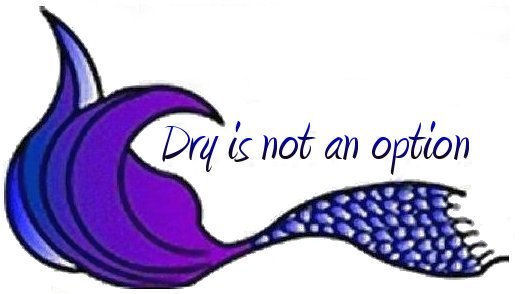Heart Rates
Heart rate determinations are not the same for land as for exercise in water. Studies have shown that water-based exercise heart rates are lower during water exercise, yet the same benefits are the same as land-based exercise.
Aqua heart rates are approximately 13% lower. This may lead to concern for some people who may feel that they are not working hard enough using a land based reference. Heart rates will depend on body position in water. When the body is in a vertical position, heart rates will be about 10 beats lower. In the horizontal position, heart rates will be about 17 beats lower.
As an example, a land-based training heart rate of 150 bpm would indicate a water based heart rate of about 140 bpm. It is recommended that a 6 second count be used instead of a 10 second count to account for the increased cooling effect of water, which cools four times faster in water than air.
When performing aquatic exercise, be aware that heart rate may not be the best indicator of the intensity of your workout. Studies have shown that persons who participate in both land- and water-based exercise often find their heart rates lower during water exercise, yet they receive the same benefits.
Possible reasons they list for land-based and water-based heart rate differences are:
- Compression - Hydrostatic pressure on the veins aids in the venous return of blood to the heart.
- Dive Reflex - When the face is submerged in water, a natural process lowers the heart rate and blood pressure. This may even occur in chest high water.
- Gravity - Blood requires less effort to flow back up to the heart.Partial Pressure - A gas (oxygen) enters a liquid (blood) more readily under pressure.
- Temperature - Since water has a greater cooling effect on the body, there is less effort required of the heart.
(Just like I always say!) Keep in mind that raising arms high overhead can artificially increase blood pressure and heart rate relative to VO2 requirements. [Aerobic capacity is the ability of the body to collect and transfer oxygen from the air through the lungs and blood to the working muscles. This is related to cardio-respiratory endurance and is referred to a maximal oxygen consumption or VO2 Max.]
(Did you know that aerobic capacity supposedly reduces at about 10% per decade after 30 years of age? I would think that working out in the water would change this statistic. Hmmm...someone should do a study on this! )

You have written it great. There are big differences between The land workouts and water fitness such as Aqua aerobics or other water sports.
ReplyDelete